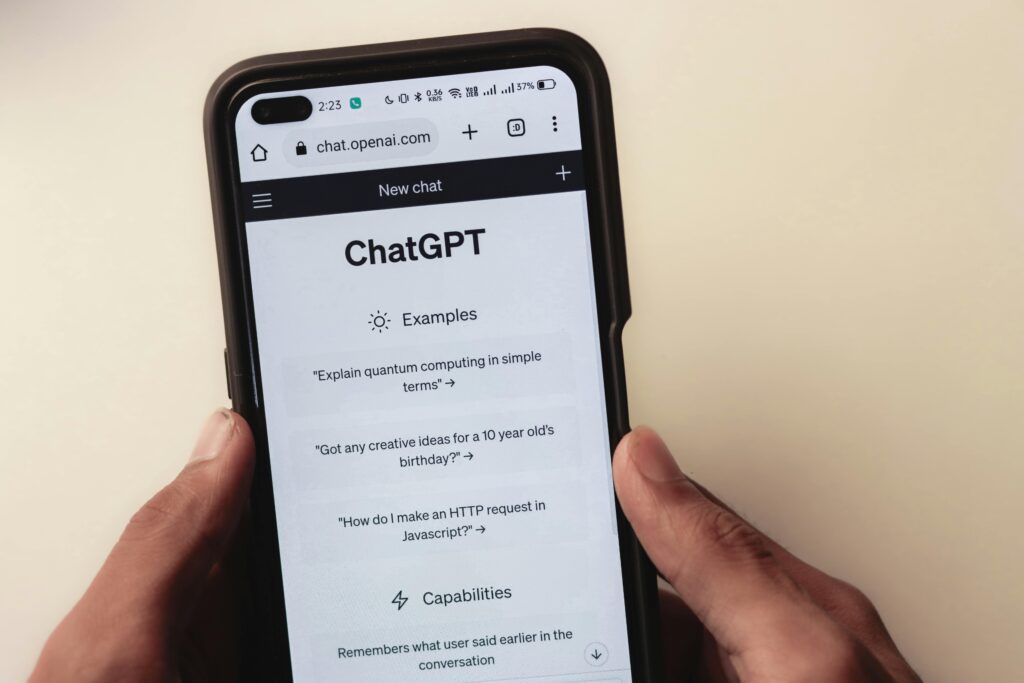ChatGPT, although a promising tool that can complement nutrition education, still has substantial limitations such as incorrect responses
26 Mar 2024

The field of health and medical sciences has witnessed a surge of published research exploring the applications of ChatGPT. However, there remains a dearth of knowledge regarding its specific potential and limitations within the domain of nutrition. Given the increasing prevalence of nutrition-related diseases, there is a critical need to prioritize the promotion of a comprehensive understanding of nutrition. This paper examines the potential utility of ChatGPT as a tool for improving nutrition knowledge. Specifically, it scrutinizes its characteristics in relation to personalized meal planning, dietary advice and guidance, food intake tracking, educational materials, and other commonly found features in nutrition applications. Additionally, it explores the potential of ChatGPT to support each stage of the Nutrition Care Process. Addressing the prevailing question of whether ChatGPT can replace healthcare professionals, this paper elucidates its substantial limitations within the context of nutrition practice and education. These limitations encompass factors such as incorrect responses, coordinated nutrition services, hands-on demonstration, physical examination, verbal and non-verbal cues, emotional and psychological aspects, real-time monitoring and feedback, wearable device integration, and ethical and privacy concerns have been highlighted. In summary, ChatGPT holds promise as a valuable tool for enhancing nutrition knowledge, but further research and development are needed to optimize its capabilities in this domain.
According to Garcia and Garcia, global efforts to implement dietary education programs for improving nutrition knowledge are still lacking due to the pervasiveness of nutrition-related problems. Some persistent issues include the rising rates of obesity, increasing prevalence of diet-related chronic diseases such as diabetes and heart disease, inadequate consumption of essential nutrients, and limited awareness of balanced and healthy eating habits among populations. This topic is a significant concern because the lack of nutritional knowledge and education has notable implications for public health outcomes and overall well- being (Mikkelsen et al., 2016). Bhawra et al. (2023) have emphasized the necessity for innovative approaches to address this problem. Salinari et al. (2023) share a similar perspective, advocating for the potential of artificial intelligence (AI) technologies to accelerate the pursuit of improved health and well-being. They underscore the significance of AI in delivering precise tailored dietary recommendations and in advancing the creation of predictive and preventive guidelines for more effective health promotion and disease management. In a recent letter to the editor, Arslan (2023) has expressed optimism about the potential of ChatGPT in delivering personalized recommendations in the field of nutrition. However, there is still limited literature available on the utilization of ChatGPT in this domain.
Author: Manuel B. Garcia (College of Education, University of the Philippines Diliman/Educational Innovation and Technology Hub, FEU Institute of Technology)
